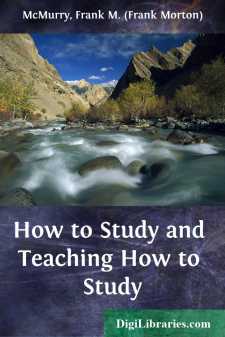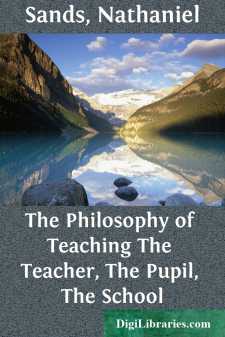Categories
- Antiques & Collectibles 13
- Architecture 36
- Art 48
- Bibles 22
- Biography & Autobiography 813
- Body, Mind & Spirit 142
- Business & Economics 28
- Children's Books 17
- Children's Fiction 14
- Computers 4
- Cooking 94
- Crafts & Hobbies 4
- Drama 346
- Education 46
- Family & Relationships 57
- Fiction 11829
- Games 19
- Gardening 17
- Health & Fitness 34
- History 1377
- House & Home 1
- Humor 147
- Juvenile Fiction 1873
- Juvenile Nonfiction 202
- Language Arts & Disciplines 88
- Law 16
- Literary Collections 686
- Literary Criticism 179
- Mathematics 13
- Medical 41
- Music 40
- Nature 179
- Non-Classifiable 1768
- Performing Arts 7
- Periodicals 1453
- Philosophy 64
- Photography 2
- Poetry 896
- Political Science 203
- Psychology 42
- Reference 154
- Religion 513
- Science 126
- Self-Help 84
- Social Science 81
- Sports & Recreation 34
- Study Aids 3
- Technology & Engineering 59
- Transportation 23
- Travel 463
- True Crime 29
How to Study
Categories:
Description:
Excerpt
HOW TO STUDY
"For the end of education and training is to help nature to her perfection in the complete development of all the various powers."—Richard Mulcaster, 1522-1611.
Education is an opportunity, nothing more. It will not guarantee success, or happiness, or contentment, or riches. Everything depends upon what development is produced by it and what use is made of it. It does not mean morality or usefulness. It may make a man more capable of doing harm in the world, for an educated scoundrel is clearly more dangerous than an ignorant one. Properly employed, however, and combined with high character, with a due regard for the rights of others, and with simple and practicable but high ideals, it should help a man very greatly in making himself of service in the world and so in making his life really successful in the highest sense. What the student gets out of his education depends largely upon what he puts into it. The student is not an empty vessel to be pumped full of learning; he is a complex machine which education should help to run properly.
The aim of education is purely utilitarian, and is expressed more clearly by the word power than by any other. Its object is to give the man power to meet the problems of life, and to develop all his faculties to the greatest degree. The word "utilitarian," however, is to be interpreted in its broadest sense. It is not simply bread-and-butter utility that is aimed at. Whatever makes a man more capable of legitimate enjoyment, or helps to make him contented and happy, or to enlarge his breadth of view, is really useful and helps to give him power. "The true order of learning should be first, what is necessary; second, what is useful; and third, what is ornamental. To reverse this arrangement is like beginning to build at the top of the edifice."
The only way that power and strength can be developed is by effort on the part of the student. The only real education is self-education. The best that the teacher can do for the student is to show him what he can do for himself and how he can do it.
"If little labor, little are our gains;
Man's fortunes are according to his pains."
But labor alone will not produce gains unless properly and intelligently directed. Misdirected labor, though honest and well-intentioned, may lead to naught; just as any virtue, such for instance, as perseverance, if misdirected or misapplied, or in the wrong proportion, may become a vice. Hegel's dictum that anything carried to its extreme tends to become its opposite, has profound significance. A student may work hard and earnestly in school or college and yet accomplish little or nothing. He should, therefore, be made to see—not only the necessity for hard work, and how to work—but also how to work effectively.
Among the most important things, then, for a student to learn, is how to study. Without a knowledge of this his labor may be largely in vain. He may pass his examinations and yet know nothing thoroughly and have little power....












